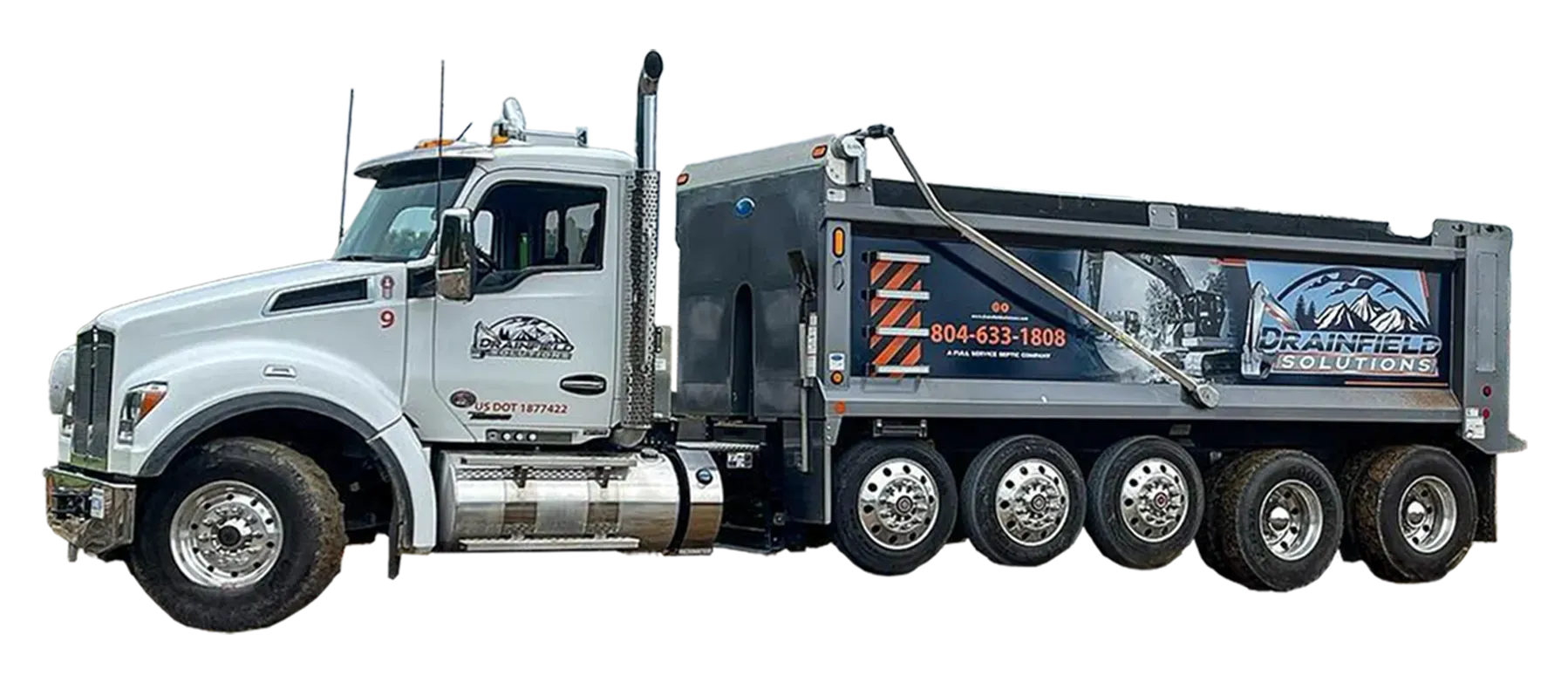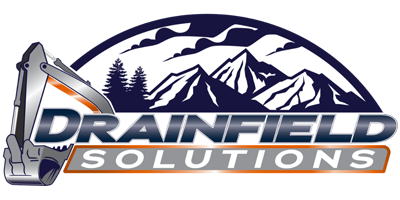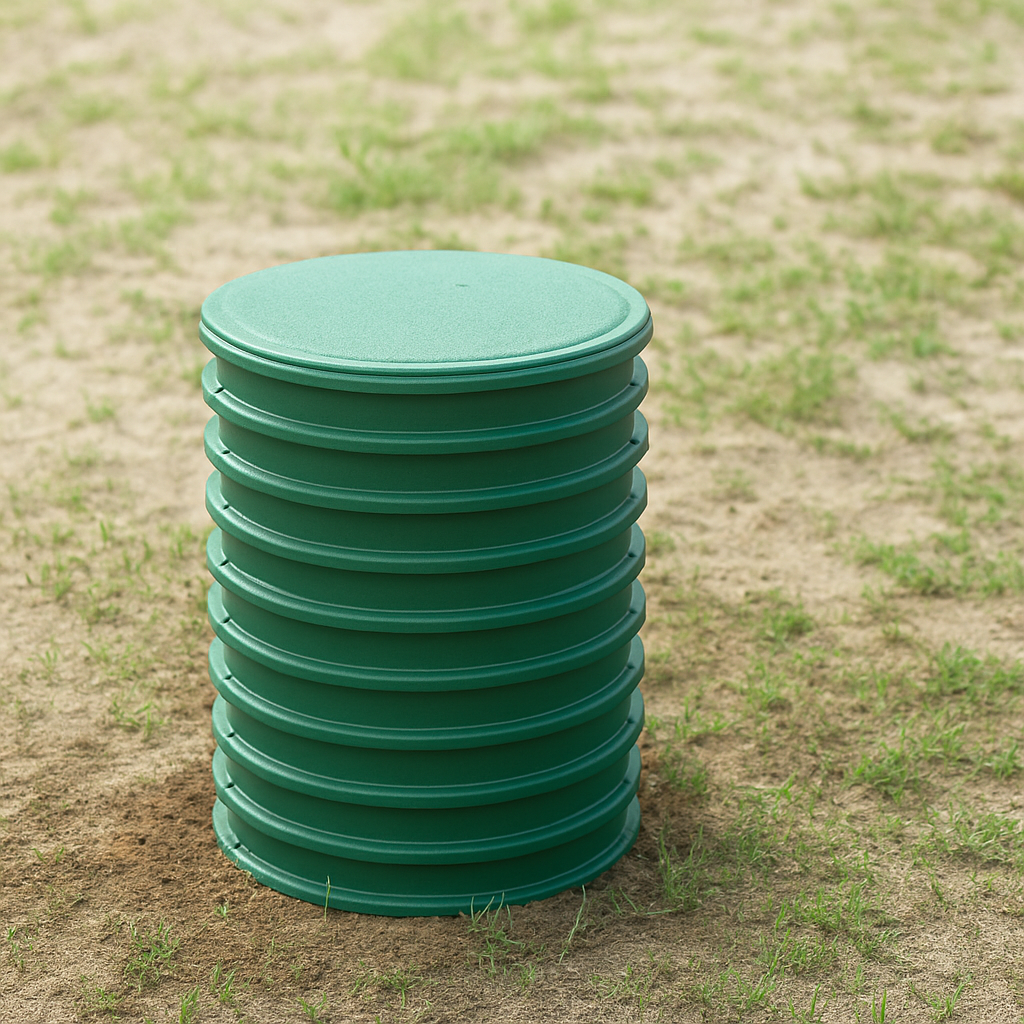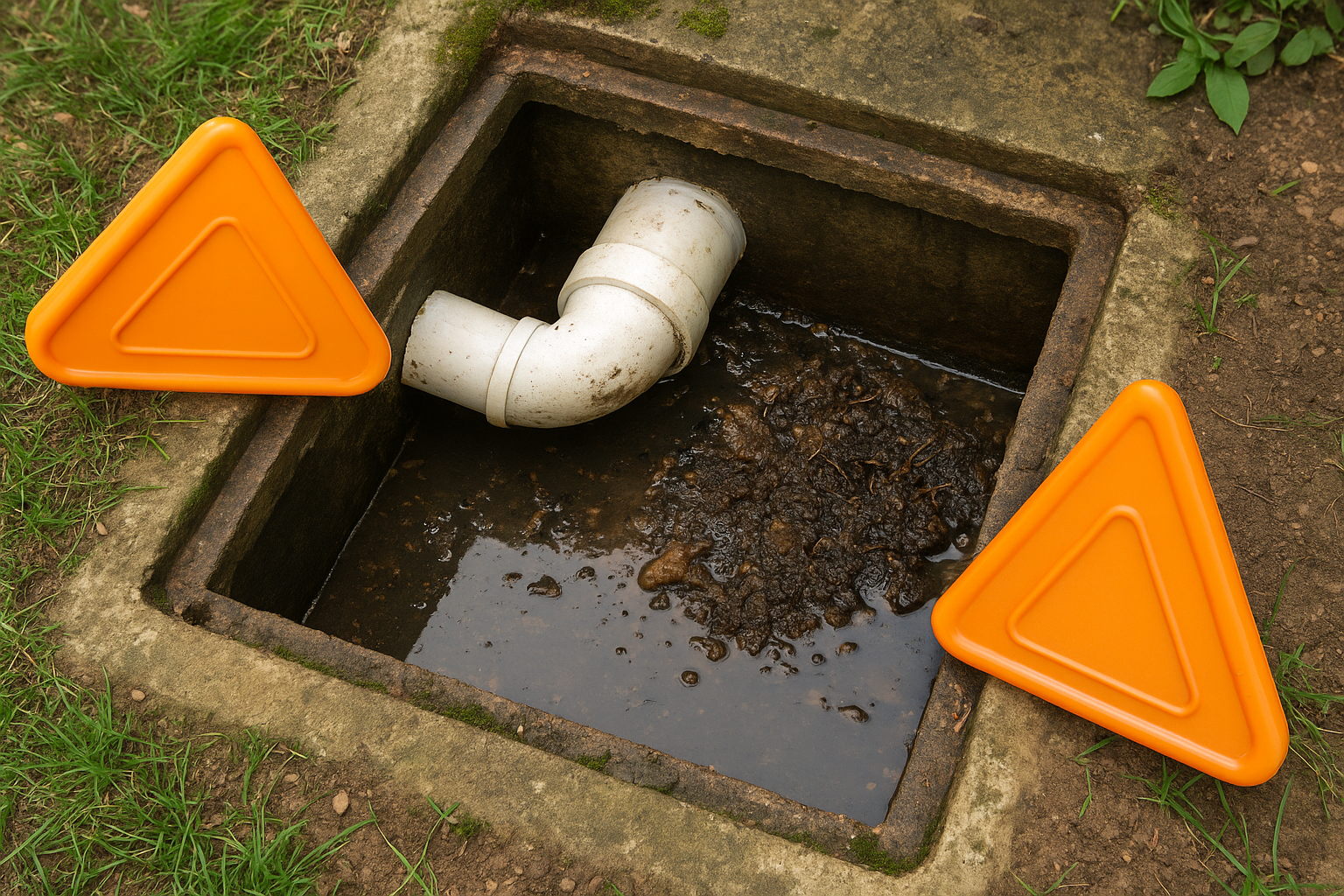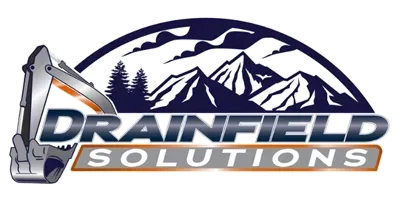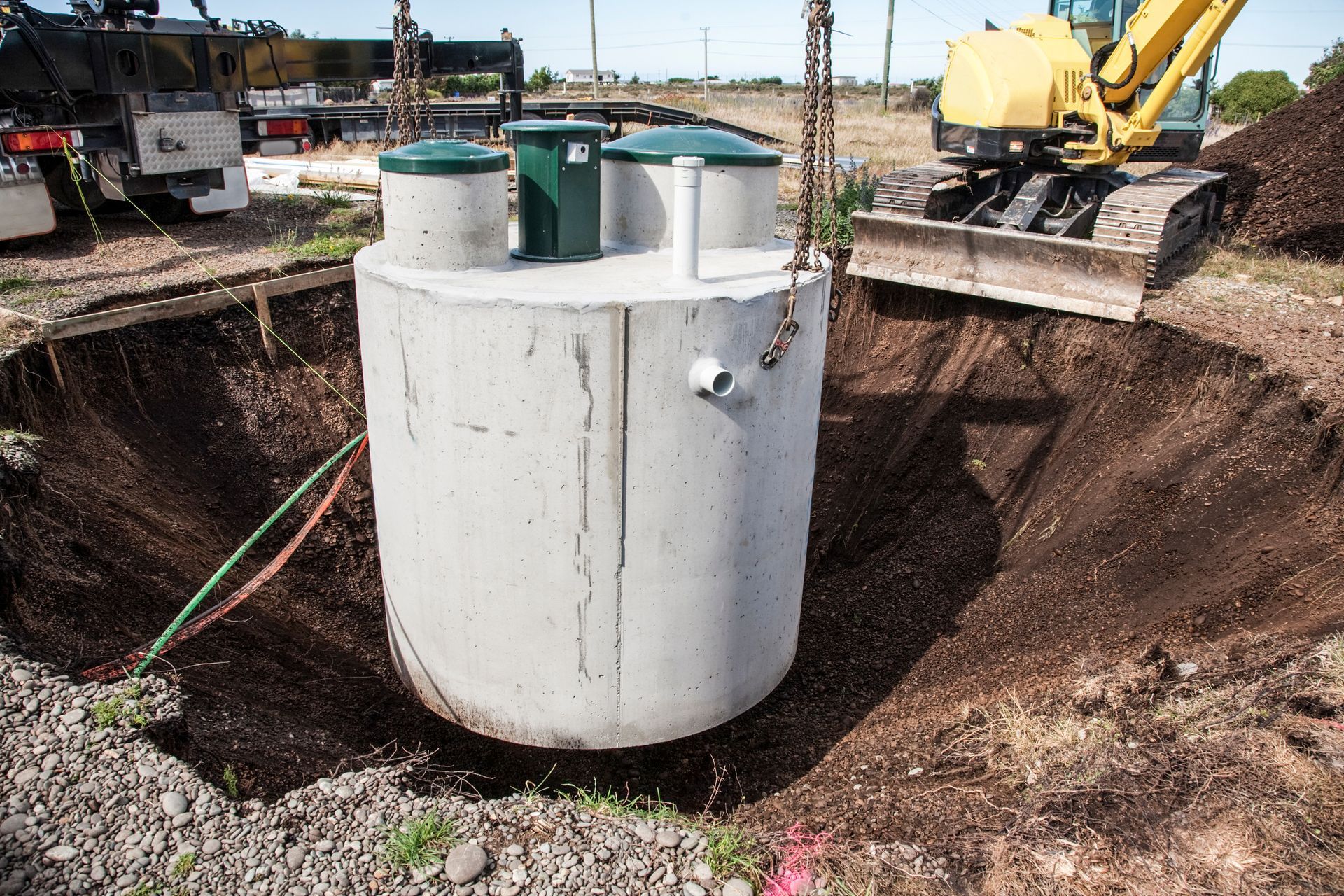
Learn The Factors Involved in Selecting the Right Size and Type of Septic Tank for Your Property
February 13, 2025
Installing a septic system is an important investment for any property owner. Whether you're building a new home or replacing an old system, the right septic tank ensures efficient treatment of wastewater and prevents expensive repairs down the line.
However, selecting the correct size and type can be overwhelming without the proper guidance. That’s where we come in.
This guide provides all the information you need to make an informed decision, covering both the factors influencing tank size and the various septic tank types available.
By the end, you’ll have a clear idea of what suits your property—and you’ll know when to call trusted septic system installation contractors to get the job done right.
Why Choosing the Right Septic Tank Matters
First, let's talk about why this decision is so critical. Septic tanks play a pivotal role in treating and disposing of wastewater in properties not connected to a municipal sewer system.
A tank that’s too small could lead to frequent overflows, while an oversized one may cost more upfront and won’t function efficiently due to limited wastewater flow. Choosing poorly could result in environmental hazards, property damage, and the costly process of replacing a septic system drainfield.
Factors to Consider When Selecting a Septic Tank Size
1. Household Size
The first and most crucial factor is the number of people living on the property. A larger household produces more wastewater, requiring a bigger tank. Here’s a general guideline for tank sizes based on occupancy:
- 1-3 residents: 750-1000 gallons
- 4-6 residents: 1000-1500 gallons
- 7+ residents: 1500 gallons or more
2. Water Usage Habits
Not all households use water the same way. For example, if yours features water-saving appliances and practices, you might need a slightly smaller capacity. On the other hand, homes with high water consumption (e.g., frequent laundry or long showers) will require larger tanks to accommodate the extra load.
3. Future Expansion Plans
Are you planning to expand your property in the future? Larger families or home additions, like an extra bathroom, can increase wastewater output. Opting for a larger tank now may help you avoid costly upgrades later.
4. Local Regulations
Local government and health department guidelines often dictate minimum septic tank size requirements, so be sure to review them before deciding. Some areas impose stricter requirements for environmental protection or unique soil conditions.
Exploring Septic Tank Types
Beyond size, you’ll also need to determine what type of septic tank best suits your property. Here are the most common options available today.
1. Concrete Tanks
Pros
- Durable and long-lasting
- Suitable for a range of soil conditions
- Resistant to buoyancy in high water table areas
Cons
- Heavier, requiring specialized equipment for installation
- More expensive upfront
Concrete tanks are a popular choice due to their durability and ability to withstand heavy loads. If you’re planning to park vehicles over your septic system, a concrete tank is typically the safest option.
2. Fiberglass Tanks
Pros
- Lightweight and easy to install
- Corrosion-resistant
- Less likely to crack over time
Cons
- Can be displaced by high groundwater levels if not anchored
- May not accommodate extreme ground pressure
Fiberglass tanks are perfect for properties where corrosion resistance is a priority. They work well in more moderate soil conditions.
3. Plastic (Polyethylene) Tanks
Pros
- Lightweight and cost-effective
- Easy to transport and install
- Resistant to rust and corrosion
Cons
- Not as durable as concrete or fiberglass
- Susceptible to damage during backfilling if not handled carefully
If you’re on a tighter budget but still want a reliable option, plastic septic tanks offer a great balance of affordability and functionality.
4. Steel Tanks
Pros
- Historically common
- High strength and durability
Cons
- Prone to rust and deterioration over time
- Rarely recommended for modern systems
Steel tanks are slowly being phased out due to long-term rust issues, but they might still be an option in certain installations. Always verify with septic system installation contractors before considering one.
Additional Considerations for Septic System Efficiency
Regular Maintenance
No matter how well you choose your septic tank, regular maintenance is key to ensuring its longevity. Routine pumping and inspections help keep everything running smoothly and prevent costly repairs.
Soil Quality and Drainage
Did you know that the soil around your system has a direct impact on how well it performs? If you have clay-heavy soil with poor drainage, you might need specialized engineering or alternative drainfield systems. Discuss this with experts to avoid having to replace your septic system in drainfield due to poor initial planning.
Advanced Treatments
Modern septic tanks now come equipped with advanced filtration and aerobic treatment options to improve wastewater quality. While these are pricier, they’re worth considering in areas with more stringent environmental regulations.
When to Call Septic System Installation Contractors
Choosing and installing a septic system isn’t a DIY project. Hiring professional septic system installation contractors ensures your setup meets local codes and functions efficiently.
Pros can assess your property’s unique requirements, recommend the ideal tank, and handle installation to reduce the risk of future issues. Beyond installation, they can guide you on proper maintenance for long-term performance.
Wrapping It Up
The perfect septic tank combines the right size, type, and expert installation to provide reliable wastewater management for years to come. Always consider factors like household size, water usage habits, future needs, and local regulations when making your choice.
To take the stress out of the process, reach out to trusted septic system installation contractors who can guide you through every step.
Their expertise can save you from the headache (and high costs) of potential future problems, such as replacing a septic system.
Interested in upgrading your septic system or starting fresh?
Contact Drainfield Solutions for reliable septic system solutions in Central Virginia! Whether you’re building a residential home or managing a commercial property in Bowling Green, Ruther Glen, Fredericksburg, Mechanicsville, Stafford, Falmouth, Dahlgren, King George, Mineral or Richmond, we handle septic system design and installation, septic tank pumping and septic tank maintenance! Call us today 804-633-1808!
Share Post
Latest Posts
Ready to Take the Next Step?
Whether you're in need of a system inspection or regular maintenance, Drainfield Solutions is here to help. Get in touch today for reliable service you can trust.
